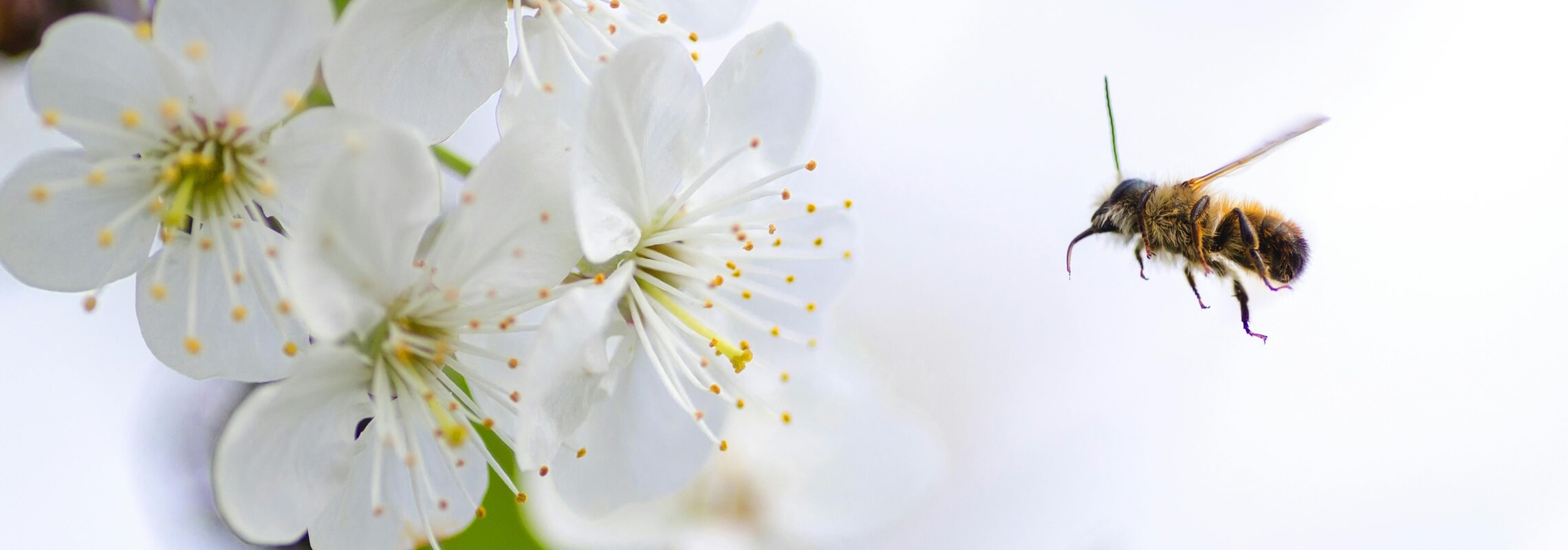Main Content
Local Virginia Honey
All Natural • Raw • Unheated
Support Local Business
Support the Local Ecosystem
Support Your Health

What We do at Crooked Creek Apiary
As a small, family owned business we do all of the work by hand. We raise bees, collect swarms, and harvest the amazing honey they provide!
We love raw honey
We know there's nothing quite like raw honey! We keep our honey as pure as possible so you can enjoy all of the benefits it provides. We don't treat, heat, filter or otherwise alter the honey. It's just straight honey, from our beehives to your table.
Honey by the jar
Honey makes a great gift! We offer a variety of different jar sizes from 1/2 lb to 2 lbs. Feel free to contact us and we'd be happy to meet you in and around the Timberville - Harrisonburg area.
(Sorry, we are not able to ship honey.)
Nature knows best
"The bee collects honey from flowers in such a way as to do the least damage or destruction to them, and he leaves them whole, undamaged and fresh, just as he found them."Saint Francis de Sales
Frequently Asked Questions
Do you collect bee swarms?
Yes we do! All honeybees swarm, this is how they expand their colony and grow. We collect the swarms to expand our apiary and because feral honeybees can cause problems, for their neighbors and for themselves.
Can you ship honey?
Unfortunately, because of Virginia cottage food laws, we are not allowed to ship honey. We are happy to schedule a time to meet locally if that’s convenient! Feel free to contact us and we’ll do our best to work something out.
Is it true that all bees are female?
No, there are both male and female bees. However, only the females do the work of collecting honey, guarding the hive, acting as nurses, feeding and caring for the queen and basically everything else to support the hive. The male honeybee (called a drone) only has one purpose – to mate with queens. Male honeybees also cannot sting!
Do you remove bees from structures?
No, we generally don’t remove bees from a houses or any other permanent structure. This often requires what is called a “cutout”, which will usually need to be repaired afterward. However, we try to help anyone we can in this situation, and we can usually put you in touch with beekeepers who have experience with cutouts.